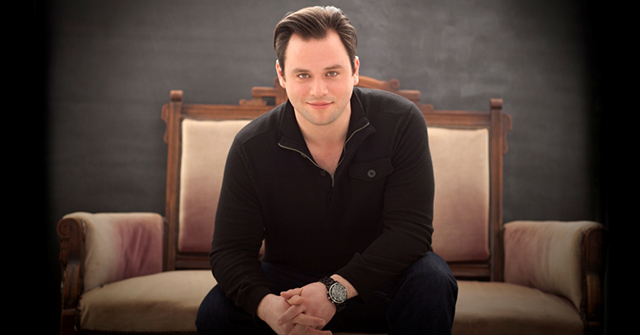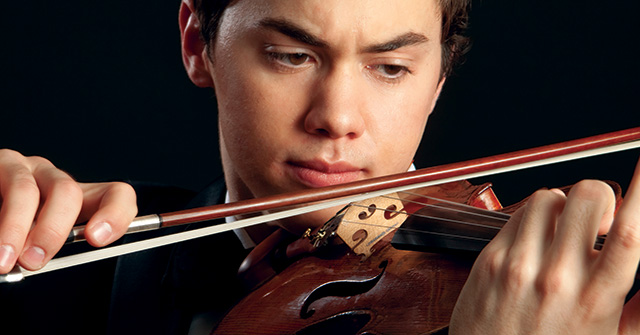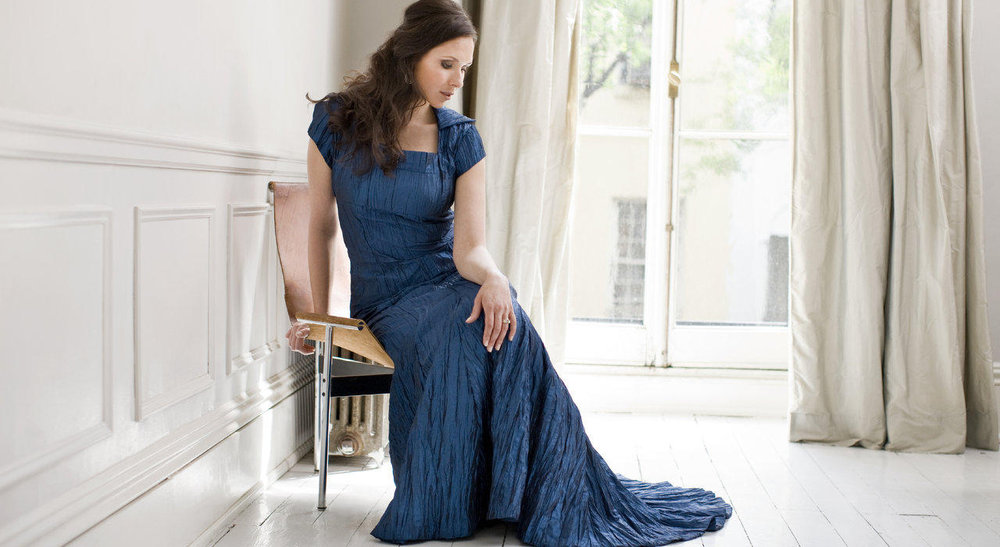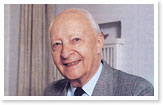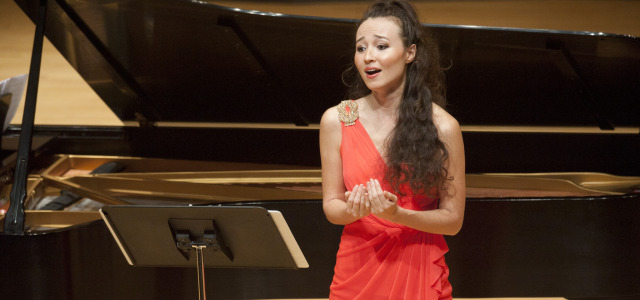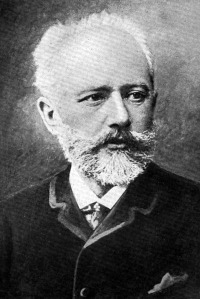
In April violinist/singer Caroline Shaw became the youngest composer in history to win the Pulitzer Prize. She scored this honor with Partita for Eight Voices, a piece she wrote for the innovative ensemble, Roomful of Teeth, which explores a wide range of vocal techniques. Though the four movements of this acclaimed work have been heard separately in various performances, they came together for a first complete performance at New York’s Le Poisson Rouge last week, and audiences went wild. The New York Times called it “exhilarating, sensual and playful.” (Read the full review.) Shaw and Roomful of Teeth will perform the Midwest premiere of her Partita at Ravinia on Saturday, March 29. A complete package including parking, dinner and concert ticket is only $40 when you enter promo code DINING. For information, call 847-266-5100.

